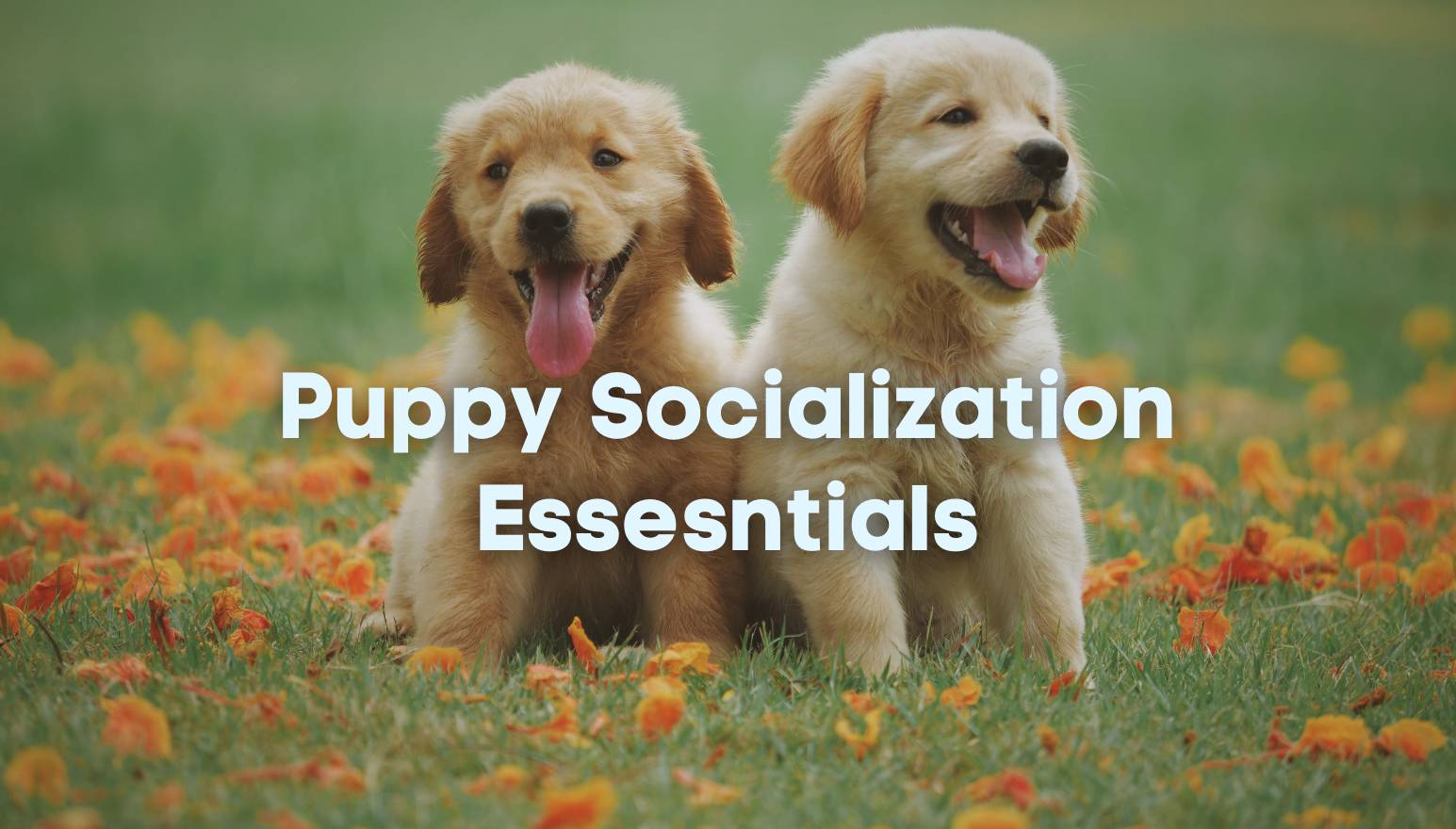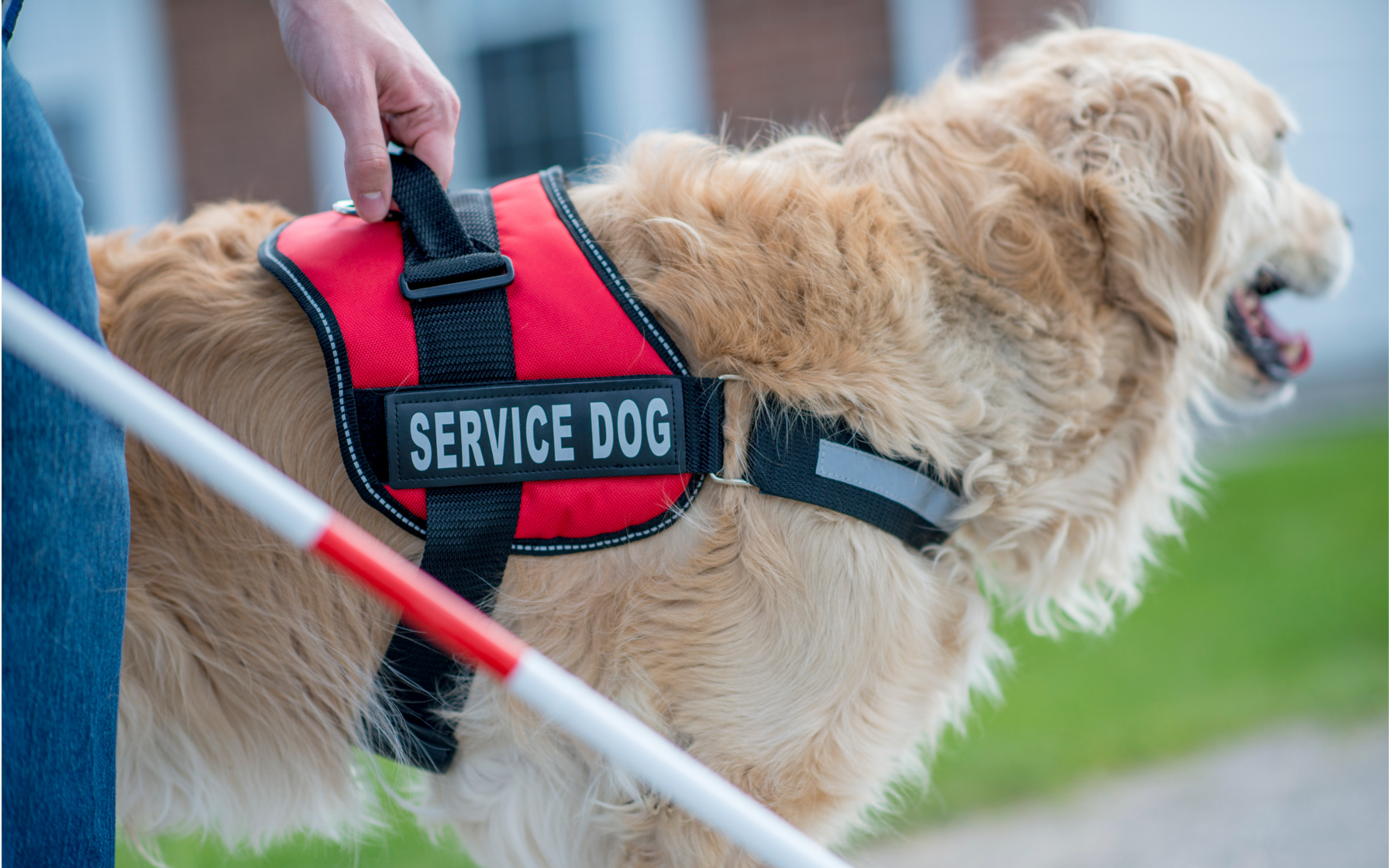Tampa Dog Training: What’s Wrong With Intelligent Dog Training?
By Eric Brad | Thursday, February 7, 2013 at 8:29 pm
The one thing that the dog world is not short on is tribes. Call them philosophies or methods or techniques if you like, but the dog training world seems to always be divided into tribes that claim to offer the best way to train your dog. Whether it is Cesar Millan and his “Pack Leadership” style of training, the “shock collar” training that seems popular among sporting dog enthusiasts, or the “Relationship Based Training” advocated by Suzanne Clothier, each of these tribes sets themselves apart from the rest of the dog training world. Each tribe has its gurus, important books, and a means to identify with others who believe in the same kind of training. If this sounds a little like different religions, I don’t think that is merely coincidence.
God, they say, is unknowable. In a very real sense, DOG is unknowable to humans in many ways as well. We can make our observations, collect our data, and form our hypotheses on how and why dogs behave as they do. The fact that dogs cannot tell us what they are thinking in any direct way means we are constantly interpreting and speculating on what their behaviours may mean. Even though science has learned a great deal about dog behaviour and canine cognition/learning, direct access to what B.F. Skinner called the “black box”, the mind of the dog, remains out of reach. It is often that narrow blind spot that different tribes use to distinguish themselves and set them apart from all of the other tribes of dog training.
“You can sit by the river for years and never get wet”
I had a very talented friend who would frequently use that phrase in reference to older, more experienced people in his field. At a young age, my friend was, in many ways, more accomplished and better informed in his field than colleagues who had been at it for 20 years longer than he had. It seems to me that it is not how long you have been doing something that matters but how intelligently you engage and your ability to learn from those experiences. It’s the same with dogs. I frequently tell people that I have been living with and training dogs for 30 years, most of those years I did it badly. It is not an exaggeration to say that I learned more in my first year of using behaviour and science based training than I had in the previous 20 years.
I frequently encounter dog trainers who will use the number of years they have been involved with dogs or the number of dogs they have worked with as their claim to some authority on the subject. ”I have been [breeding, training, working with, around] dogs for 30 years. I think I know something about them.” I’m sure these people do know some things about dogs.
Humans have some remarkable ways of fooling themselves. One of those ways has been identified in psychology as “confirmation bias“, a process where someone will unconsciously disregard any information that conflicts with their existing beliefs or will focus only on information that supports their beliefs about a particular subject. Do we really know what we need to know about dogs?

If it looks like a duck and quacks like a duck…
One of the most confusing things about different dog training methods is that they can appear to give us the same results. If I tell my dog to “Sit!”, we all know what that looks like and we could all judge whether or not the dog had done the “sit” in response to my cue. What is more difficult to know from this observation is how I taught this dog to sit. Did I use Clicker Training? Natural Dog Training? Relationship Based Training? Pack Leadership Training? Perhaps I even used a combination of these or other methods. But a “Sit” is a “Sit”, right? There was a time that I believed that too.
Then I read Melissa Alexander’s “How You Get Behavior Really Does Matter” and I realized that getting the results I wanted was only part of the story between me and my dog. Like throwing a pebble in a pond, the process by which we teach our dog can ripple into other areas of our lives together. Frustrating my dog with confusing training might make her unwilling to learn other behaviours or even to respond to known behaviours. Being overly generous with food rewards for easy training might make my dog lazy or bored or interested only in the food. How we approach training our dogs really does have an impact on not just the performance of a specific behaviour we train but on our dog’s overall attitude and behaviour in life situations as well.
There are those in dog training who focus on “manners” and making sure that dogs are not “rude” when interacting with humans. Often their training methods get results and they get them quickly. Unfortunately, much of what they do involves stopping behaviour. Don’t jump up, don’t nip, don’t pull on the leash, don’t bark. These techniques get the desired results and the dog thinks twice before doing the behaviours again. But then the s notice something they didn’t expect. They enroll their dog in an agility class and their dog is reluctant to run and jump and work away from them at a distance. Why? Because the dog does not want to be reprimanded yet again for some unwanted behaviour; he is thinking twice about it. It’s what they have come to expect from their “manners” training. Be careful what you wish for, you just might get it.
The thinking dog trainer
Good intentions and unconditional love do not train a dog. Time, patience, education, and a well prepared training plan is what trains a dog. An intelligent dog trainer looks for all of the information they can get on all aspects of dogs, behaviour, and learning theory. It’s not enough to just know how to throw a pebble into the pond, you should also know how ripples work and where they are likely to go before you throw. Sometimes that means admitting what we thought we knew was wrong and casting old information aside in favour of the new, despite our own cognitive bias.

We like to call this the “Information Age.” There are more books, articles, videos, and other information sources available to us today than ever before in human history. Making the best use of that information is up to us as individuals. While God remains largely unknowable, our dog is right here with us and we have opportunities each day to interact and discover more about her. She too is a valuable source of information. Regardless of what you read or are told about dogs, behaviour, and training, think about that advice and how it will affect you and your dog.
Everyone who trains a dog has different strengths. Each will develop the skills that they think are important to them and their time with their dog. The kind of training we do with our dog should not be based on our association with a particular tribe. Our human need to belong to a group should not outweigh finding the best approach to teaching our dogs and helping them to enjoy a happy, healthy life. Your choice of dog training methods should not depend on a certain tribe, a charismatic guru, or a commitment to an ideology. It should depend on the careful, thoughtful efforts of the most important person in your dog’s life. You.
Until next time, have fun with your dog.
The first Canine Nation ebooks are now available –
“Dogs: As They Are” & “Teaching Dogs: Effective Learning”
Photo credits –
Why Not? – Big Grey Mare 2007 From Flickr
Knowledge – It’sGreg 2005 From Flickr
Together – outlier dogs 2009 From Flickr
Recent Eric Brad Articles:
- What’s Wrong With Intelligent Dog Training?
- Zen and the Art of Training A Dog
- Dog Interrupted
- All The Dogs You Can Manage
- The Lighter Side of Dogs and Positive Training


 In the Canine Nation Store!!!
In the Canine Nation Store!!!



